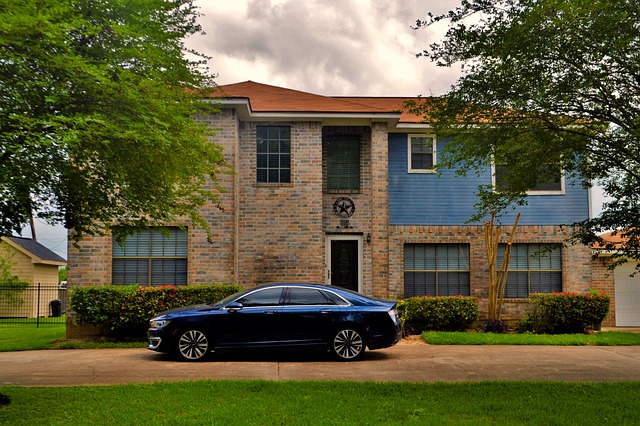Introduction
When a lease agreement comes to an end, tenants may wonder how long they can stay in the rental property. The duration of a tenant’s stay after the lease expires depends on various factors, including the type of lease, local laws, and the agreement between the tenant and the landlord. In this article, we will delve into the topic of how long a tenant can stay after the lease expires, providing a comprehensive overview of the factors that come into play.
Month-to-Month Tenancy
Month-to-month tenancy is a common arrangement where the lease automatically renews on a monthly basis until either the landlord or the tenant provides notice to terminate the agreement. In such cases, a tenant can typically stay in the rental property until they provide the required notice to move out, which is often 30 days but can vary depending on local laws or the terms of the lease.
Fixed-Term Lease
A fixed-term lease has a specific start and end date, and the tenant is obligated to vacate the premises at the end of the lease period. However, some leases may include a provision that allows the tenant to continue living in the property on a month-to-month basis after the lease expires. This provision is usually outlined in the lease agreement itself and may require the tenant to provide notice to terminate the month-to-month tenancy.
Local Laws and Regulations
In addition to the terms of the lease agreement, local laws and regulations play a significant role in determining how long a tenant can stay after the lease expires. Some jurisdictions have laws that provide additional protections for tenants, such as requiring landlords to provide a certain notice period before terminating a tenancy. These laws may also specify the minimum duration of a month-to-month tenancy if the lease expires without a new agreement in place.
It is crucial for both tenants and landlords to familiarize themselves with the specific laws and regulations in their jurisdiction to ensure compliance and avoid any misunderstandings regarding the duration of a tenant’s stay after the lease expires.
Agreement Between Tenant and Landlord
In some cases, the tenant and landlord may reach a mutual agreement to extend the tenant’s stay after the lease expires. This agreement can be in the form of a new lease or an amendment to the existing lease. The terms and conditions of the extension should be clearly stated in writing to avoid any confusion or disputes in the future.
It is advisable for tenants to communicate their intentions to the landlord well in advance of the lease expiration date to allow for negotiations and the necessary paperwork to be completed. Landlords, on the other hand, should consider their own plans and requirements before agreeing to extend a tenant’s stay.
Conclusion
The duration of a tenant’s stay after the lease expires depends on various factors, including the type of lease, local laws and regulations, and the agreement between the tenant and landlord. Month-to-month tenancies allow tenants to stay until they provide the required notice to terminate, while fixed-term leases may have provisions for continuing on a month-to-month basis. Local laws and regulations can provide additional protections and guidelines. Ultimately, clear communication and mutual agreement between the tenant and landlord are essential to determine how long a tenant can stay after the lease expires.
References
– www.nolo.com
– www.landlordology.com
– www.lawdepot.com












